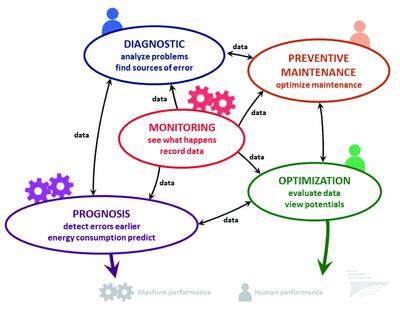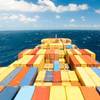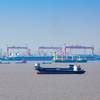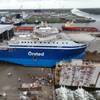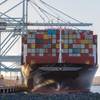Internet Remote Power Diagnosis
The internet has simplified many processes, from enabling fast and cheap worldwide communication to the control of complex industrial plants from the distance. In this respect, the internet also is suited to take over tasks that previously were only possible with telemetry, and later with the use of satellites. The electrical power supply of a ship with all services, including the electrical propulsion is an ideal field for digital diagnosis computers, for example, as they are presently developed by “E-MS e-powered marine solutions,” a young company in Hamburg.
The starting point has been the diesel-electric power supply and propulsion system for 30 inland waterway cruise vessels an a large megayacht. These installations work with a unique principle, without synchronization of the generating sets, making a large part the switch-boards dispensable. The generating sets will run with variable speed, for example in the range of the best efficiency of the internal combustion engine.
To this end, it is necessary to analyze the operating conditions of all electrical services continuously to achieve the lowest possible fuel-consumption and emissions. Here, the diagnosis computer developed by E-MS, whose market introduction took place under the shorthand symbol “E-RD,” are put into action (RD = “Remote Diagnostics”).
With the computer the data can be evaluated directly, but the real value of the data is in aggregate, stored and evaluated for months if not years, fleetwide. Of course the onboard computing can only do so much, and regularly the data must be compressed and sent ashore via the internet. The end goal is long-term fleet fuel and emission optimization and the resulting cost savings.
(As published in the March 2014 edition of Maritime Reporter & Engineering News - www.marinelink.com)



